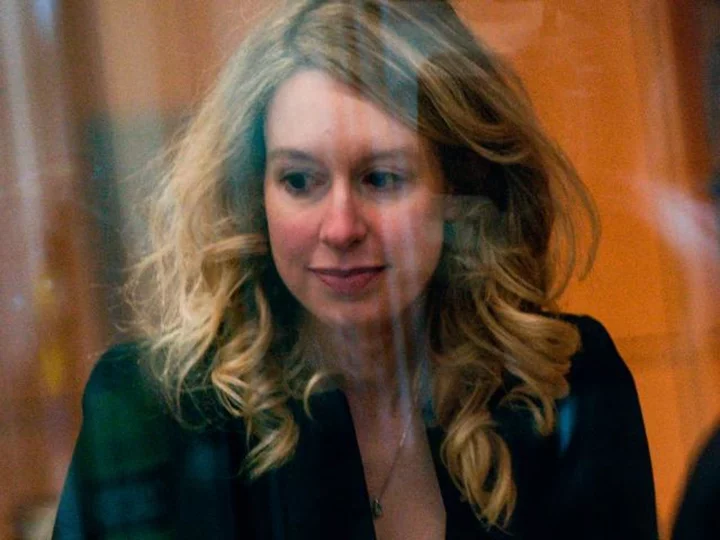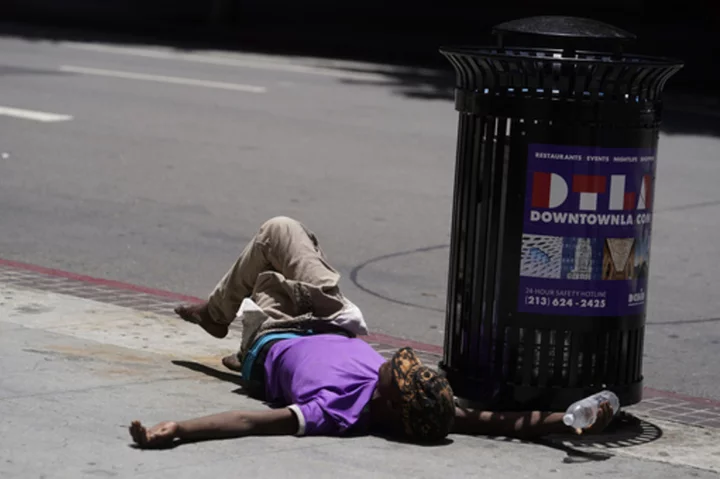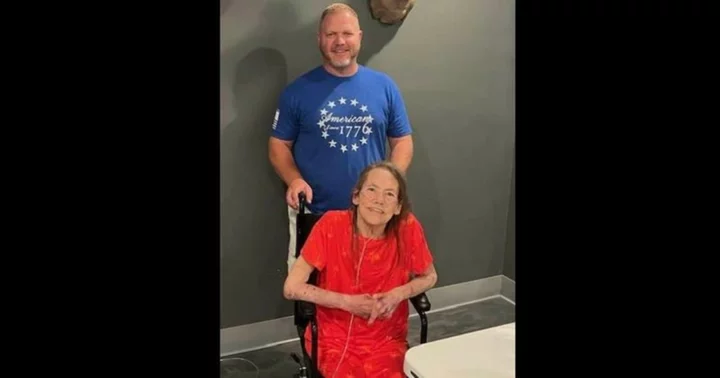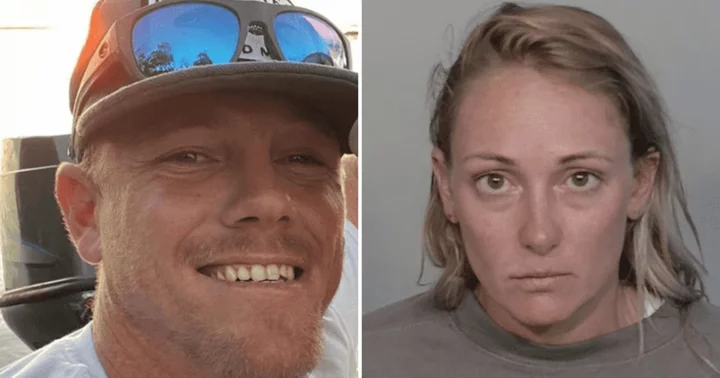Once a Silicon Valley icon and paper billionaire, Elizabeth Holmes will now have to wake every morning at 6 a.m., hold a job paying as little as $0.12 an hour, and share bathing facilities at a prison camp in southern Texas.
Holmes reported to the Federal Prison Camp in Bryan, Texas, on Tuesday to begin serving out her 11-year sentence after being convicted on multiple charges of defrauding investors while running the now-defunct startup Theranos. Her request to remain free on bail while she appeals her conviction was denied by an appellate court earlier this month.
Located approximately 100 miles outside of Houston, where Holmes grew up before moving to California to attend Stanford, FPC Bryan is a minimum-security federal prison camp housing more than 600 women offenders.
Bryan has other notable inmates. it is the same facility where Jennifer Shah, a cast member on Bravo's "Real Housewives of Salt Lake City," is serving out her own sentence for her involvement in a telemarketing fraud scheme.
Holmes herself once graced the covers of magazines, appeared alongside prominent figures like Bill Clinton at conferences and attracted a who's who of investors for Theranos, which promised to test for a wide range of health concerns using just a few drops of blood. But it all began to unravel after a damning Wall Street Journal investigation in 2015. Holmes is now the rare Silicon Valley founder to be tried for and convicted of fraud.
Federal prison camps are minimum security institutions with dormitory housing, a relatively low staff-to-inmate ratio, and limited or no perimeter fencing, according to the Federal Bureau of Prisons. These prisons are sometimes nicknamed "Camp Fed" because they're less restrictive than other institutions.
But according to Mark MacDougall, a longtime white-collar defense lawyer and former federal prosecutor, the prison won't be a walk in the park for Holmes.
"I think people who talk about 'Camp Fed' have never actually been inside a federal correctional institution," MacDougall told CNN. "It's not a place where people would want to spend time if they could be somewhere else."
FPC Bryan will likely be heavily populated with white-collar offenders, according MacDougall. Housing at FPC Bryan typically consists of dormitory-style arrangements featuring a four-bunk cubicle and communal bath facilities, he said.
"There's no privacy," he said.
Inmates at FPC Bryan are required to maintain a job assignment, according to the prison's handbook, with hourly wages ranging from $0.12 to $1.15. Holmes will have to wear a uniform of khaki pants and a khaki shirt -- a far cry from her black turtleneck days. She also can't wear jewelry, except for a plain wedding band and a religious medallion without stones, according to the handbook, and the value of these items can't exceed $100 each.
MacDougall noted that there's many volunteer opportunities at Bryan, and it's very likely that someone with Holmes' background might find herself teaching.
"I expect she would be teaching in some fashion," he said. "That's a very common occupation for inmates who have some education." (Holmes dropped out of Stanford at age 19 to pursue Theranos.)
Holmes, who became a mother of two in the time between her indictment in 2018 and the start of her prison sentence, will also only be able to see her children and other family during visiting hours on weekends and federal holidays at FPC Bryan. Holmes and her family have most recently been living in California.
As MacDougall put it, "Anybody that suggests that she's going to be in a pleasant environment or have an easy time of it is kidding themselves."









